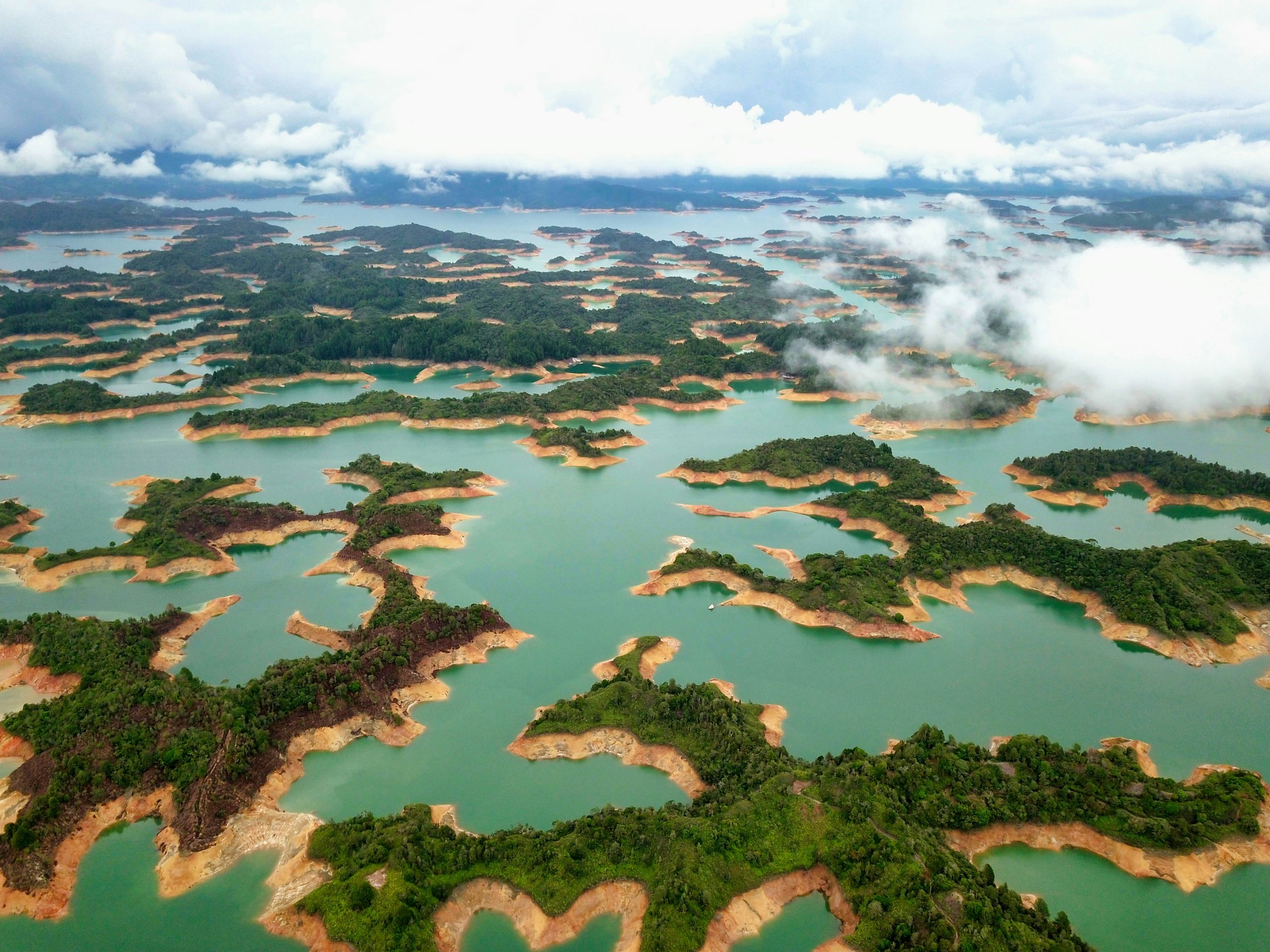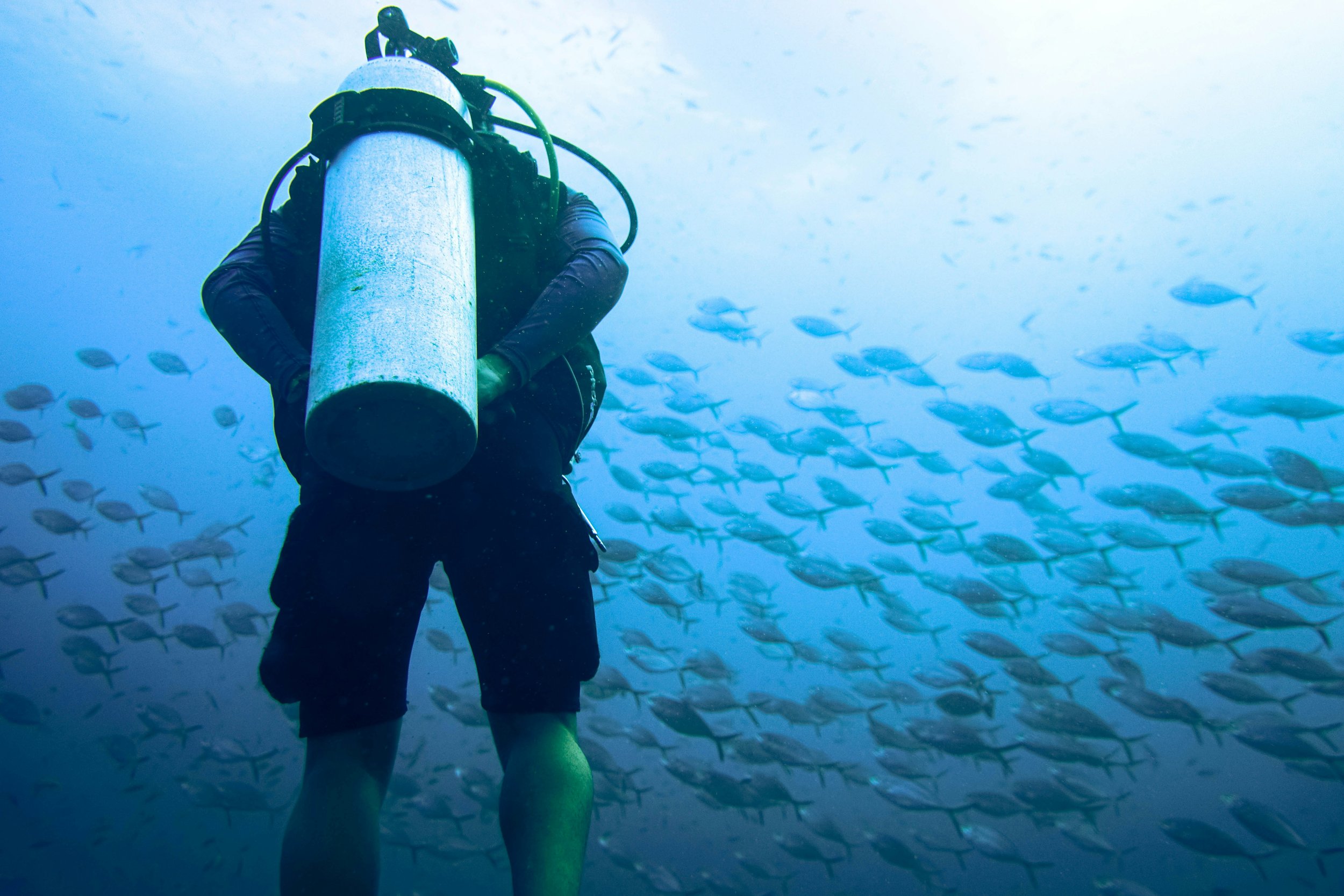
Funding Criteria
Where We Fund
We offer support to communities in adventure travel destinations worldwide. Our dedication to funding initiatives across the globe reflects our belief in the power of grassroots efforts and innovative solutions to address pressing challenges and drive meaningful progress in diverse regions and cultures.
What We Fund
Projects that are prioritizing efforts in biodiversity preservation and rehabilitation while ensuring the long-term protection of travel destinations. Funding is awarded based on alignment with these three pillars: Biodiversity Protection, Climate Resilience & Community Resilience.
Who We Fund
Local grassroots & indigenous communities, and nonprofit and for-profit organizations in biodiverse destinations around the world. Types of organizations applying for funding may include conservation groups, indigenous people groups, tour operators, accommodations, and other nonprofits.
ATCF Funds Projects Whose Work:
Intersects tourism and at least two of the three focus areas: biodiversity protection; climate resilience; community resilience
Clearly articulates the root cause of the issue/problem and how the project addresses it
Demonstrates measurable and sustainable impacts
Collaborates with the local community, and is driven by local stakeholders. “Community” includes local towns, regional communities and/or other NGOs working in the area
ABOUT OUR PROJECT PRIORITIES
-

Biodiversity Protection
Biodiversity protection ensures the long-term sustainability of tourism destinations, contributes to local economies, preserves indigenous cultures and traditions, enhances climate resilience, and provides authentic and sustainable travel experiences.
-

Climate Resilience
Climate resilience is essential for both tourism and the local communities that depend on it because it helps protect economic livelihoods, infrastructure, natural and cultural assets, and overall community well-being in the face of urgent climate change impacts.
-

Community Resilience
Community resilience in travel destinations is essential because it supports stability, diversification, investment, social welfare, and empowerment, ultimately contributing to a community that can depend on tourism for long-term livelihoods.
Grant Funding Details
-
Organizations applying must be nominated by an ATCF member to begin the application process and be considered for funding.
If you have a project that fits the above criteria, we invite you to partner with one of our ATCF members to get your project nominated. Once our deadline for project nominations closes, we will contact the organizations that were nominated, and invite them to submit a formal application. These organizations will be asked to complete and submit their RFP project application to the ATCF. If you have questions about whether or not your nominated project will fit within our criteria, please contact us at soraya@atconservationfund.org.
If you do not have an existing relationship/connection with any of our ATCF members, but would like to try and get your project nominated, please complete this form and we will do our best to connect you with one of our members to consider nominating your project.
-
Funding amounts will range between $10,000 to $20,000 each depending on the size of the project and the impacts that the proposed project aims to achieve.
Projects will be expected to be completed within 1 year of funding distribution.
-
Project Nominations: March 2-20, 2026
Application Period: March 30- April 15, 2026
Voting Period: June 29 - July 27, 2026
Grant Winners Announced: August, 2026
Funding Awarded: December, 2026
-
Projects that most closely align with the above criteria
Available funding capacity for that grant cycle
Membership voting preferences
-
Governmental entities
Humanitarian projects
Video or documentary film projects
Research
Advocacy
-
The term "indigenous" generally refers to the original inhabitants of a particular region or area, who have maintained a longstanding presence in that territory, often preceding the arrival of settlers or colonizers. Indigenous peoples are typically characterized by their distinct cultures, languages, traditions, and connections to the land they inhabit.
Key characteristics of indigenous communities may include:
Historical continuity: Indigenous peoples have long standing ties to specific territories and have often inhabited these regions for generations, if not centuries.
Distinct cultural identities: Indigenous communities possess unique cultural practices, languages, belief systems, and traditions that are integral to their identity and way of life.
Connection to the land: Indigenous peoples have deep spiritual, cultural, and economic connections to their ancestral lands, which often serve as the foundation of their social and economic systems.
Recognition of sovereignty and self-determination: Indigenous peoples often assert their rights to self-governance, autonomy, and control over their own affairs, including the management of natural resources and the preservation of their cultural heritage.
We recognize that the term "indigenous" encompasses diverse communities around the world, each with its own distinct histories, cultures, and experiences. The specific criteria used to define indigenous peoples may vary depending on cultural, legal, and historical contexts within different regions and countries.
